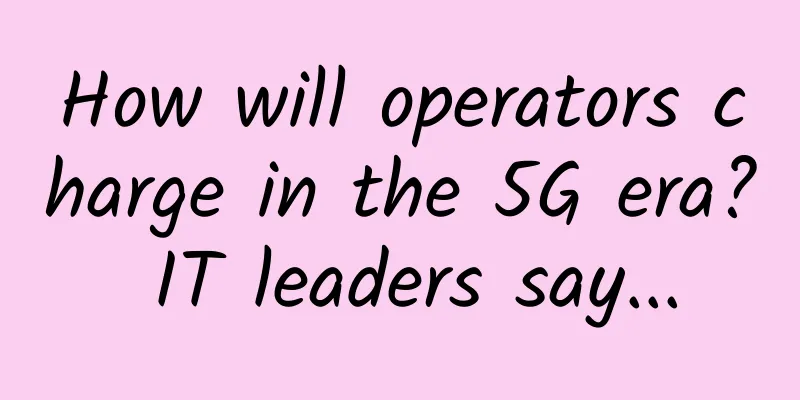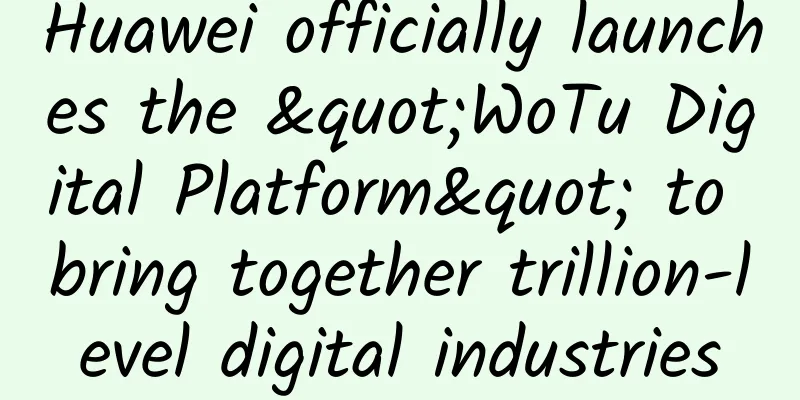Twists and turns: ZTE may have to fight a protracted battle to lift the ban

|
On May 22, foreign media reported that Trump proposed to impose heavy fines on ZTE in exchange for lifting the ban on ZTE. However, Trump's proposal was reportedly unanimously opposed by the U.S. Congress, which believed that it was not conducive to the economic and trade negotiations between China and the United States. Obviously, not only China and the United States are playing games on the issue of lifting the ban on ZTE, but also the United States is repeatedly playing games. Although from the evolution process since the outbreak of the incident, the U.S. position is constantly loosening and everything is moving in a good direction, ZTE may also need to prepare for a protracted war. On April 16, the U.S. Department of Commerce suddenly issued an export ban on ZTE, prohibiting U.S. companies from selling parts, goods, software and technology to ZTE for the next seven years. Later, it was made clear that there was no room for negotiation or change in the ban. However, on April 21, a senior official of the U.S. Department of Commerce said that it had approved ZTE's request for more information and would collect evidence through informal procedures, which made people realize that the ban did not seem to be unshakable. On May 9, the attitude of the U.S. Department of Commerce seemed to soften again. Its BIS said it was evaluating ZTE's appeal and would consider it immediately. On May 13, Trump tweeted that he was working with Chinese President Xi Jinping to provide a way for ZTE to quickly resume business. For a time, many media believed that the ZTE ban was expected to be resolved soon, but Trump soon poured cold water on it again, tweeting on May 16 that nothing had happened about ZTE. On May 22, the Wall Street Journal reported that China and the United States had basically reached an agreement on the general path to resolve the ZTE issue, but Trump denied the news in his speech at the White House on May 23. The latest news is that Trump proposed to use harsh measures such as heavy fines in exchange for lifting the ban, but was rejected by the US Congress.
Looking back at how events unfolded over the past month, the U.S. stance was as unpredictable as the weather in May in the north, and the gradual easing of the situation was only achieved through ZTE's unremitting efforts. First, the US Department of Commerce has gone from being resolute to approving the appeal, which shows a lenient attitude towards its own handling of the problem. This shows that the US has realized, after negotiations between the Chinese government and ZTE, that the ban was issued too hastily and was not commensurate with the so-called problems of ZTE. In fact, it is an exaggeration to impose a seven-year denial order just because of a minor mistake in ZTE's internal management measures, putting a high-tech company with an annual revenue of hundreds of billions and one of the world's four largest communication manufacturers into a desperate situation. What's more, the so-called "problem" was reported to the US Department of Commerce by ZTE on its own initiative. Secondly, in the context of the ongoing trade dispute between China and the United States, the ZTE incident is easily associated with a strategy of the United States to put pressure on China, and a series of words and deeds by Trump and the U.S. Congress also prove this point. However, the U.S. soon discovered that the sanctions on ZTE also brought considerable losses to the United States. On the one hand, ZTE spends more than $2 billion a year on purchasing accessories, software and services from the United States. Losing this big customer is a huge loss for the relevant American companies. On the other hand, the overbearing sanctions by the United States have made companies from all countries, including China, deeply wary and have sought decentralized configuration of the industrial chain, which is by no means good news for American companies. After ZTE was banned, China set off a wave of investment in high-end electronic devices and chips. From the national level to the capital market, China has become more urgently aware of the importance of the local microelectronics industrial base. In the long run, it will inevitably weaken the market position and competitiveness of related industries in the United States. According to relevant media reports recently, a supplier of ZTE has been preparing the domestic PON devices needed by the company. Third, ZTE's dominant position in the communications industry and 5G is very important for the development of China's ICT industry and the upgrading of the manufacturing industry. The country needs such high-tech enterprises to build the next generation of information and communication technology. ZTE is currently one of the world's four largest communications manufacturers, with more than 2,000 strategic patents in 5G. It is one of the two manufacturers in the world that can provide complete 5G end-to-end solutions, and it occupies an important position in multiple dimensions of technology, standards, market and industry. As the next generation of mobile communication technology, 5G is considered to be the main driving force for the sustainable development of the next stage of social economy, and will reshape the rules of economic competitive advantage. China will not sit idly by and watch the United States wantonly attack ZTE, which has a dominant position in this field. For ZTE itself, it also needs to get rid of the troubles caused by the ban as soon as possible and continue to fulfill its responsibilities for industrial development and the realization of national science and technology and economic development strategies. Finally, Trump said he was ready to replace the ban with a heavy fine of $1.3 billion and requiring ZTE to purchase more American products and services. This is not a sanction, but more like blackmail based on its own technological advantages. The US Congress obviously believes that the blackmail is not strong enough, which also makes the ZTE ban likely to be delayed in the game of internal political forces in the United States. This is undoubtedly a warning to China's high-tech industry. While making full use of the advantageous resources in the international industrial chain to enter the global market, it also needs to focus on improving its overall capabilities and prepare for unpredictable confrontations. At present, in order to get rid of the ban and resume normal operations as soon as possible, ZTE may have to accept the extremely unfair sanctions from the other party. And from the previous cases of litigation procedures, facing the "multi-tasking" and "long-arm jurisdiction" of the relevant US departments, the companies involved have almost no chance of winning. But time is on my side, and after this hurdle, ZTE will always have the opportunity to continue to strengthen its weight. With the technological heritage, industry status, and market influence accumulated over the years, coupled with the rising domestic electronics industry, ZTE and China's high-tech industry will only get stronger and stronger. From another perspective, Trump's asking price actually indicates that ZTE has entered the detailed negotiation stage for lifting the ban. However, there will be more games between China and the United States and within the United States. Everything takes time, and ZTE may have to prepare for a protracted war. |
<<: The U.S. "Officialdom Exposed" in the ZTE Incident
>>: Four indicators to help you choose the best multi-service data center provider
Recommend
How the IoT market will meet the 48 trillion “new infrastructure”
Recently, the central government has clearly inst...
HostXen charges 300 yuan and gets 50 yuan free, charges 600 yuan and gets 150 yuan free, new customers will receive coupons when placing an order, multiple computer rooms are available
HostXen launched a Double 11 promotion. From Octo...
CryptoMB accelerates TLS handshake performance in service mesh Istio
Author: Yang Ailin, Intel Engineer (Cloud Orchest...
edgeNAT April Fools' Day event offers 30% off monthly payment and 40% off annual payment, Korean/US/Hong Kong VPS starts from 42 yuan per month
Today is April Fools' Day, but the promotion ...
New radio regulations promote the development of multiple industries including 5G, Beidou, civil aviation, etc.
[[177681]] On November 28, the Ministry of Indust...
The role of 5G in education: enabling distance learning and virtual labs
In an era of rapid technological change, 5G is mo...
Risks and opportunities in the 5G era
At the end of 2018, the 5G frequency allocation o...
Network construction cannot be completed overnight: VoLTE is the bright future for operators
Recently, a portal website published an article p...
Ruishu Information is listed as a representative manufacturer in the field of online anti-fraud in Gartner's "Online Anti-Fraud Market Guide" report!
In July 2021, Gartner, a global authoritative IT ...
China Mobile's 4G users exceed 500 million, with average monthly data usage exceeding 1G
On December 20, Beijing time, China Mobile Chairm...
7 pictures to help you understand the difference between HTTP and HTTPS!
1. Introduction to HTTP Protocol 👨🏫 Interviewer:...
ShockHosting configuration upgrade 50% off, $5/month-2G/300GB/1TB/Los Angeles data center
The tribe has shared news about ShockHosting seve...
RAKsmart: Dedicated servers starting at $30/month, 1-10Gbps bandwidth, unlimited traffic available
RAKsmart's year-end promotion is in full swin...
5G + Internet of Things: Providing development opportunities for the popularization of smart lamp poles
[[392057]] At present, the smart light pole indus...
5 tips for hosting a successful virtual meeting
Running a virtual meeting requires a very differe...









